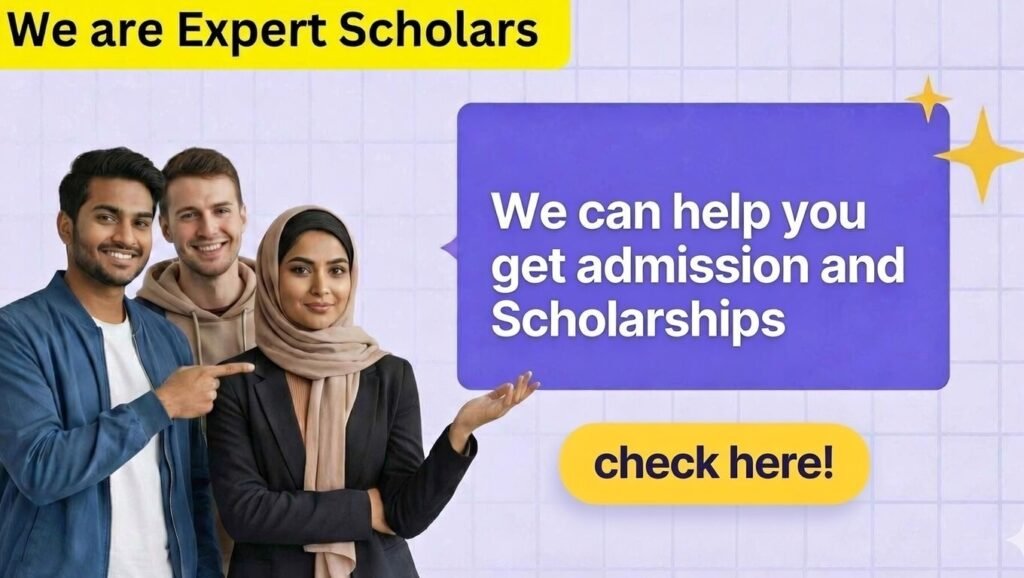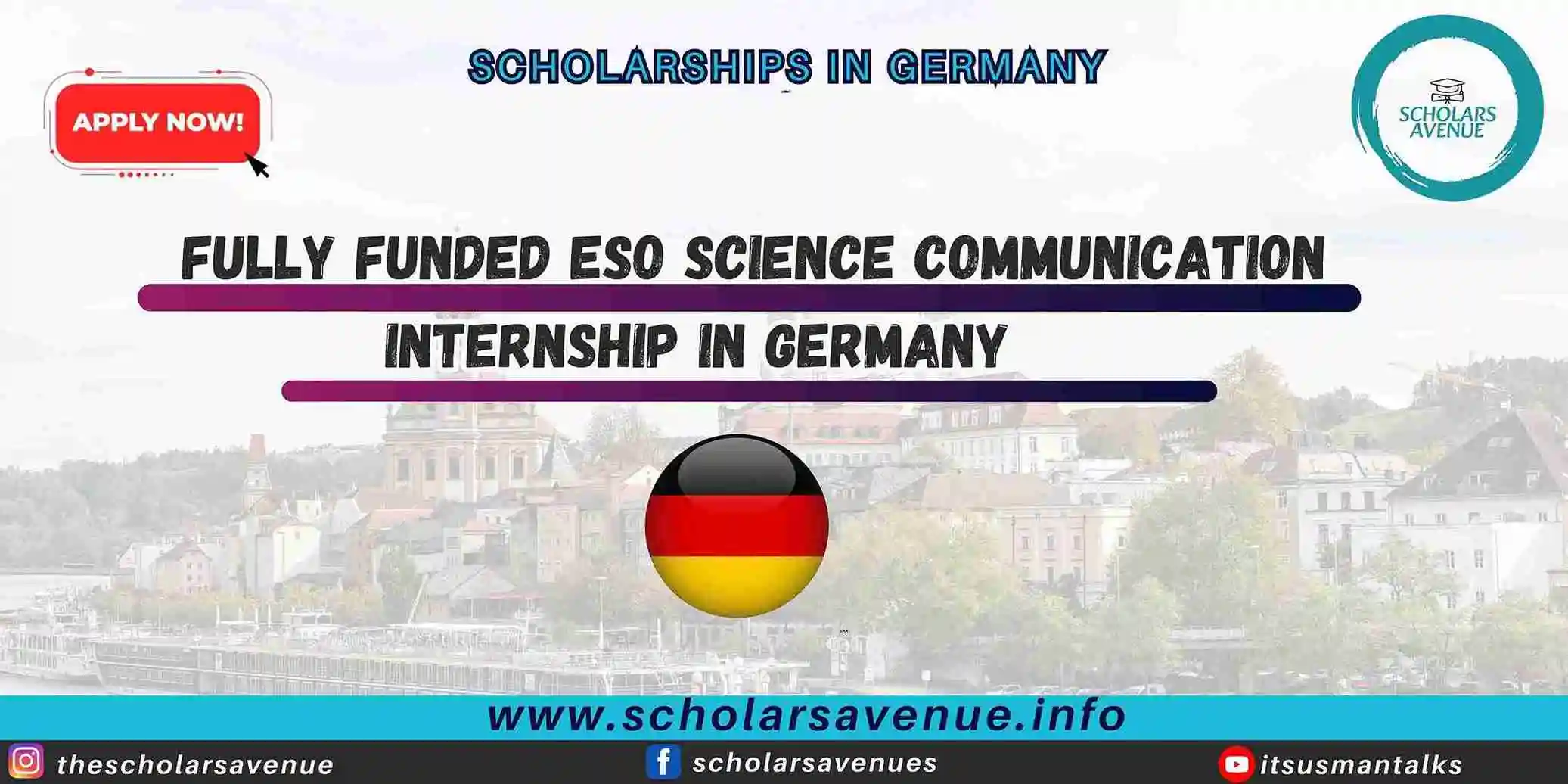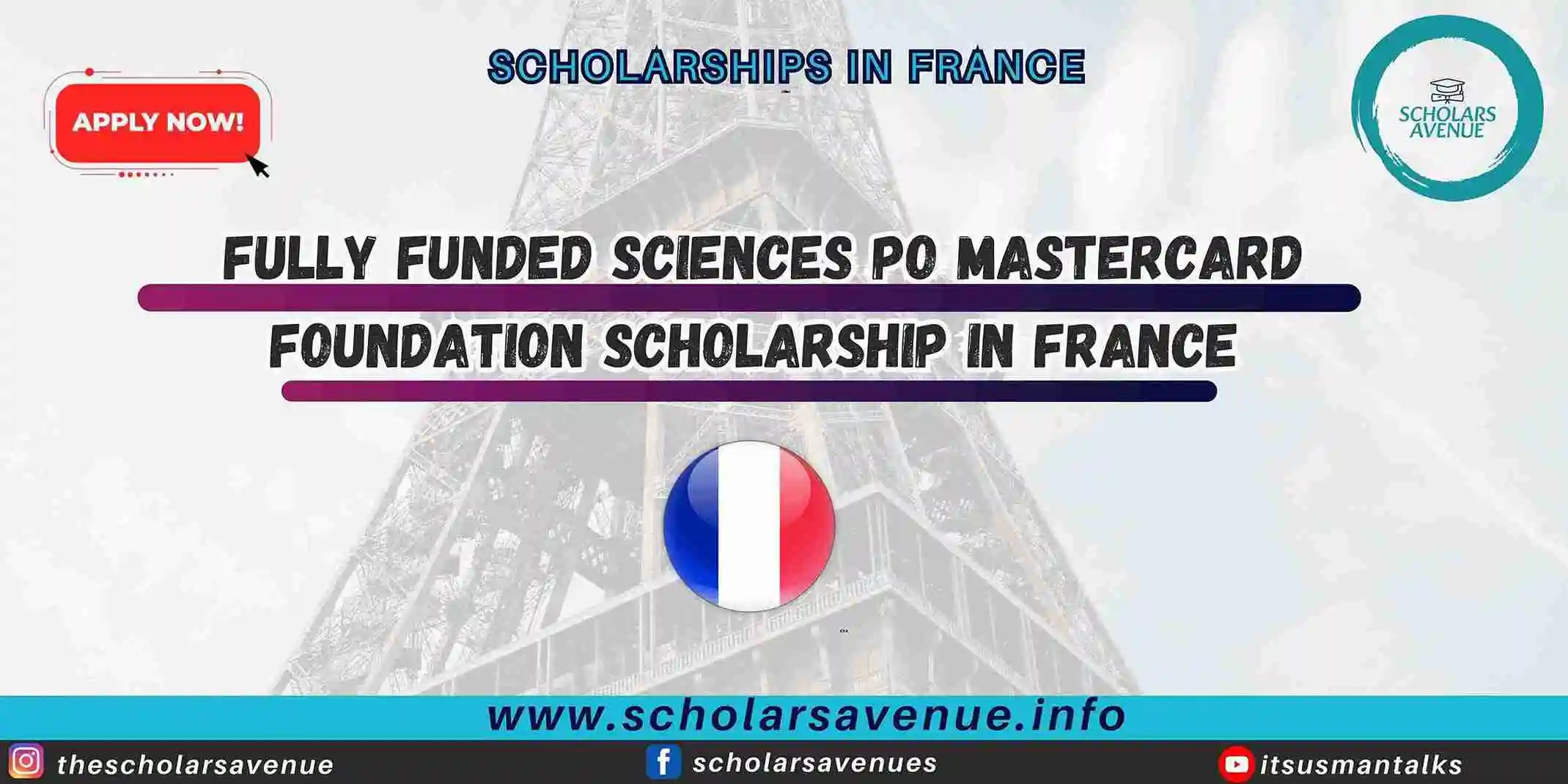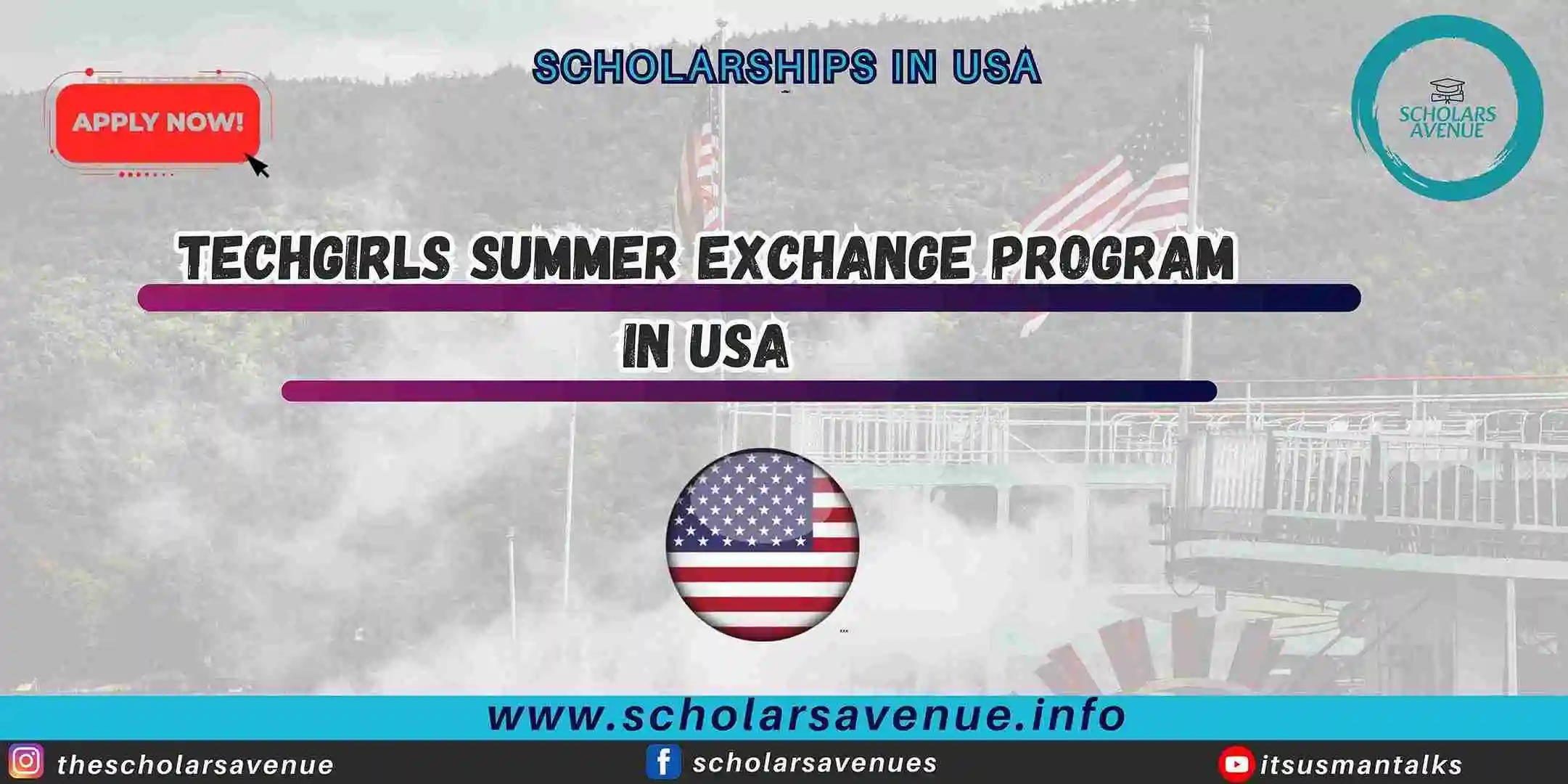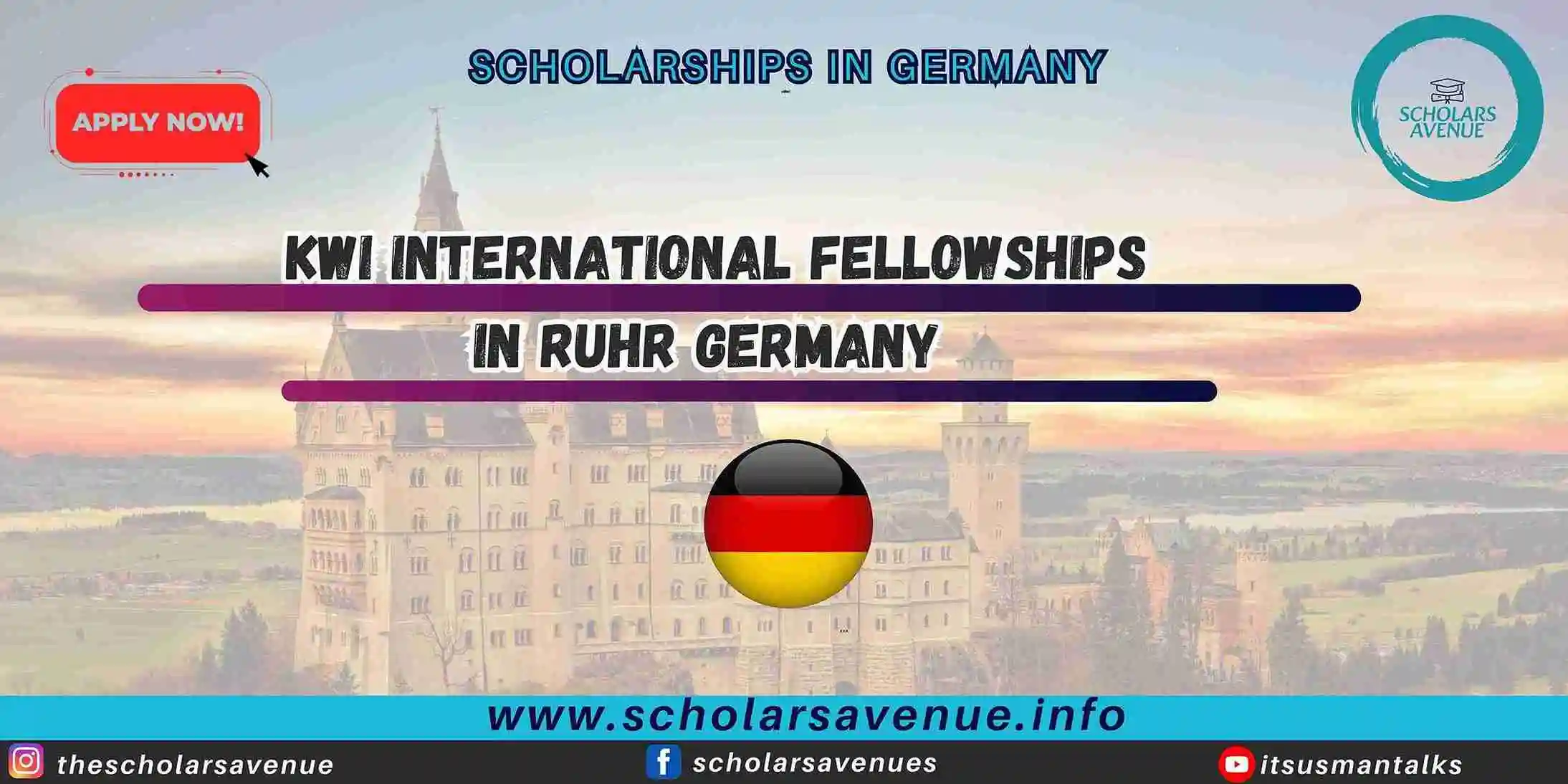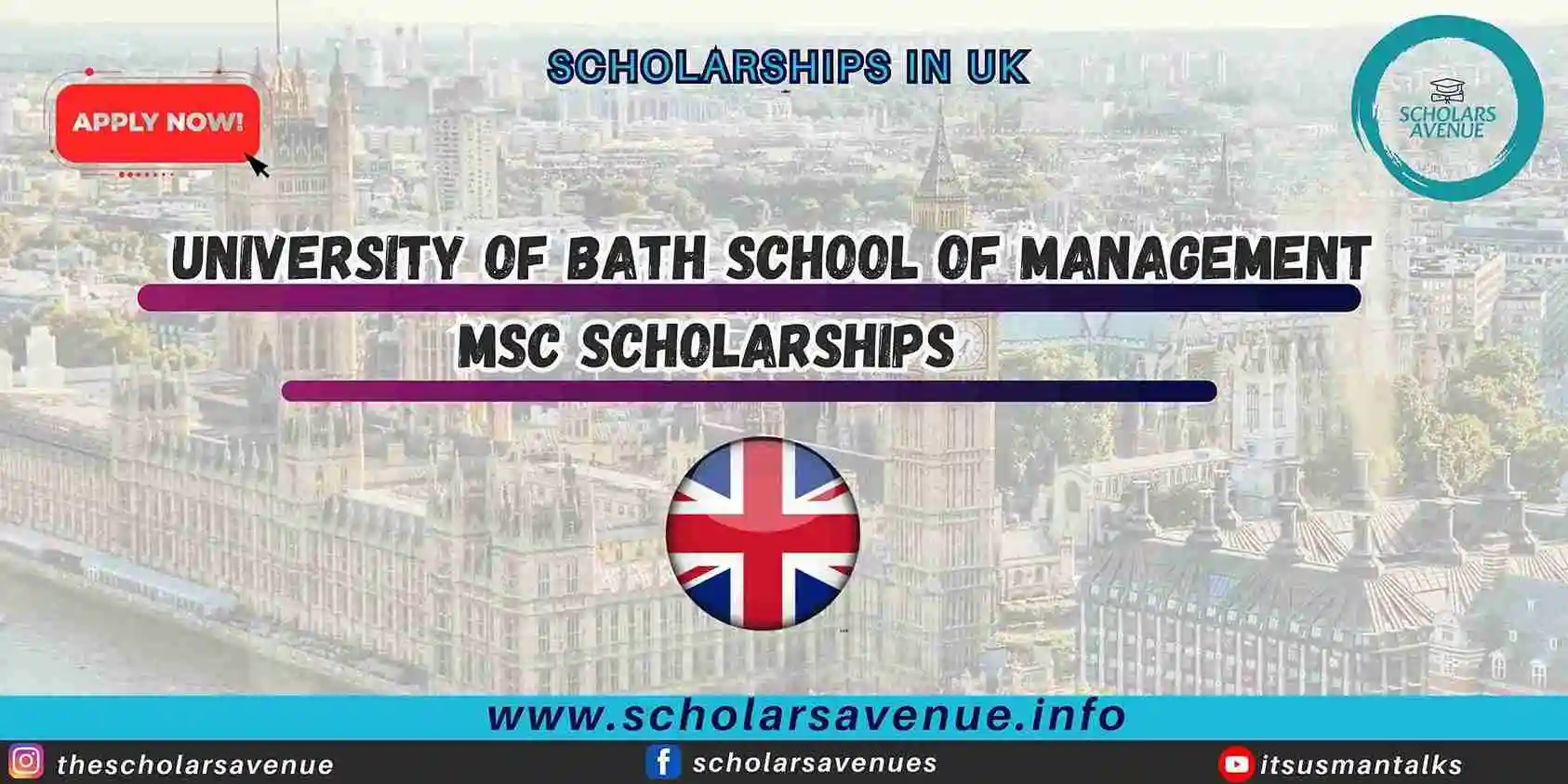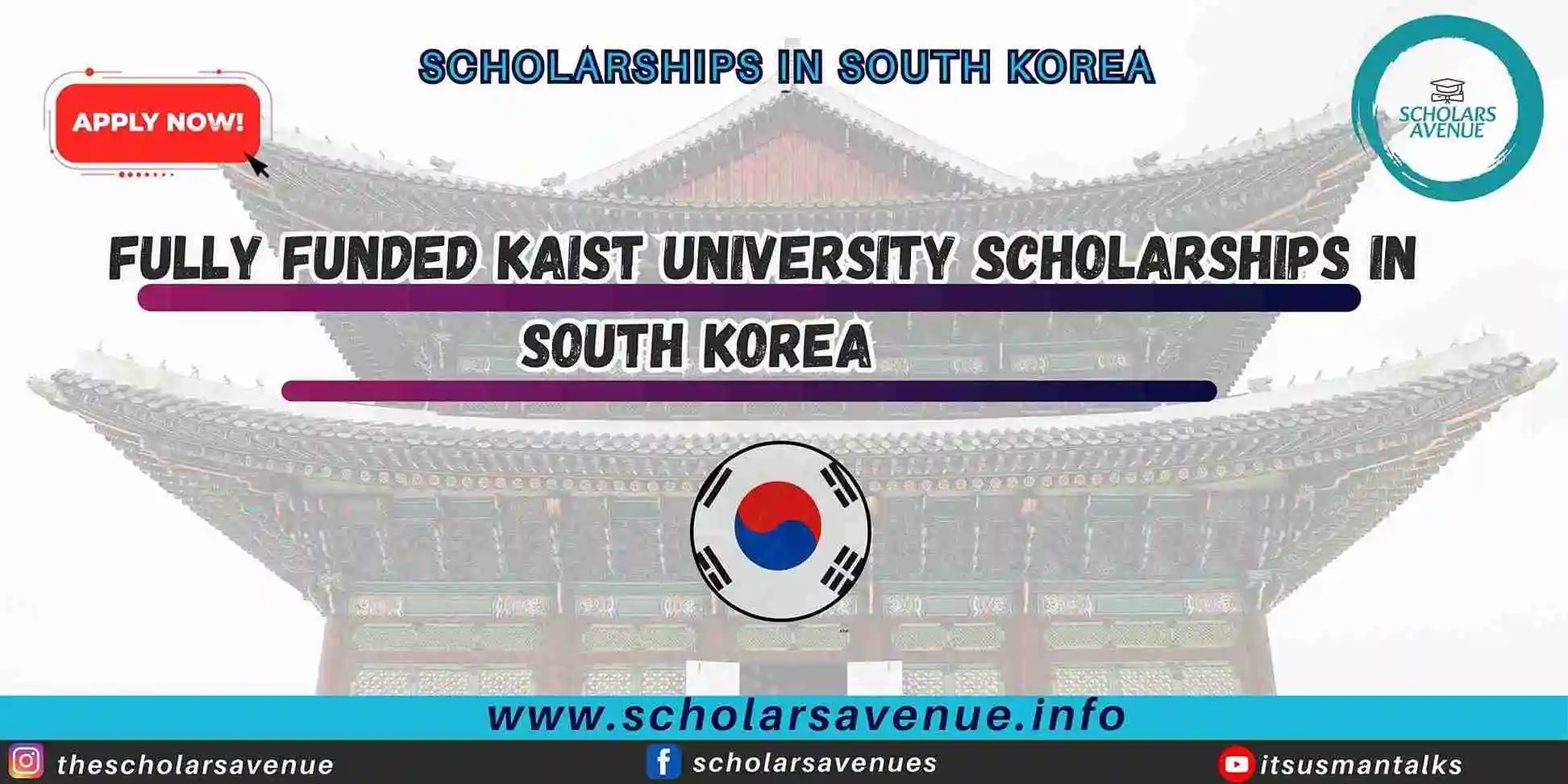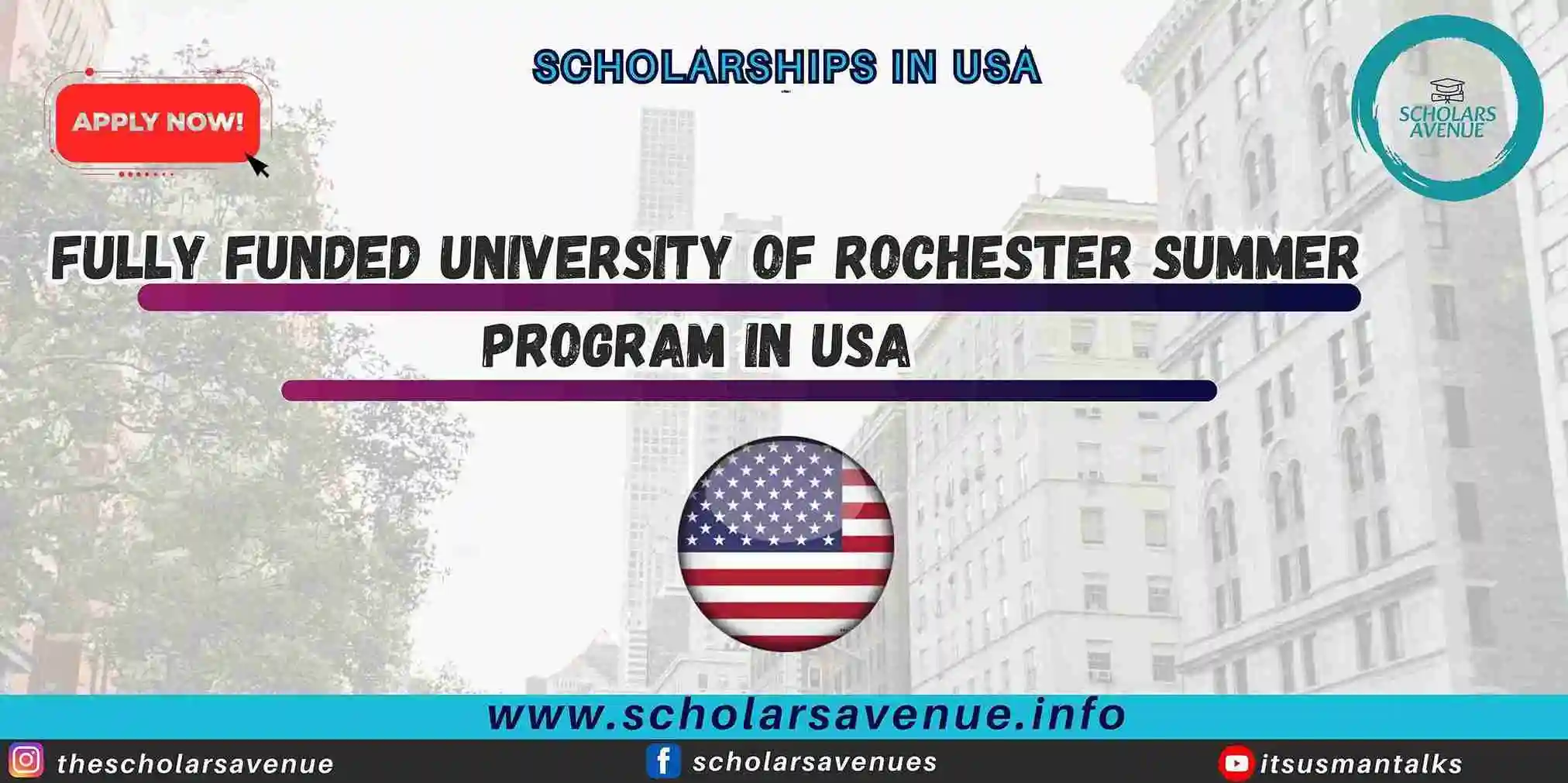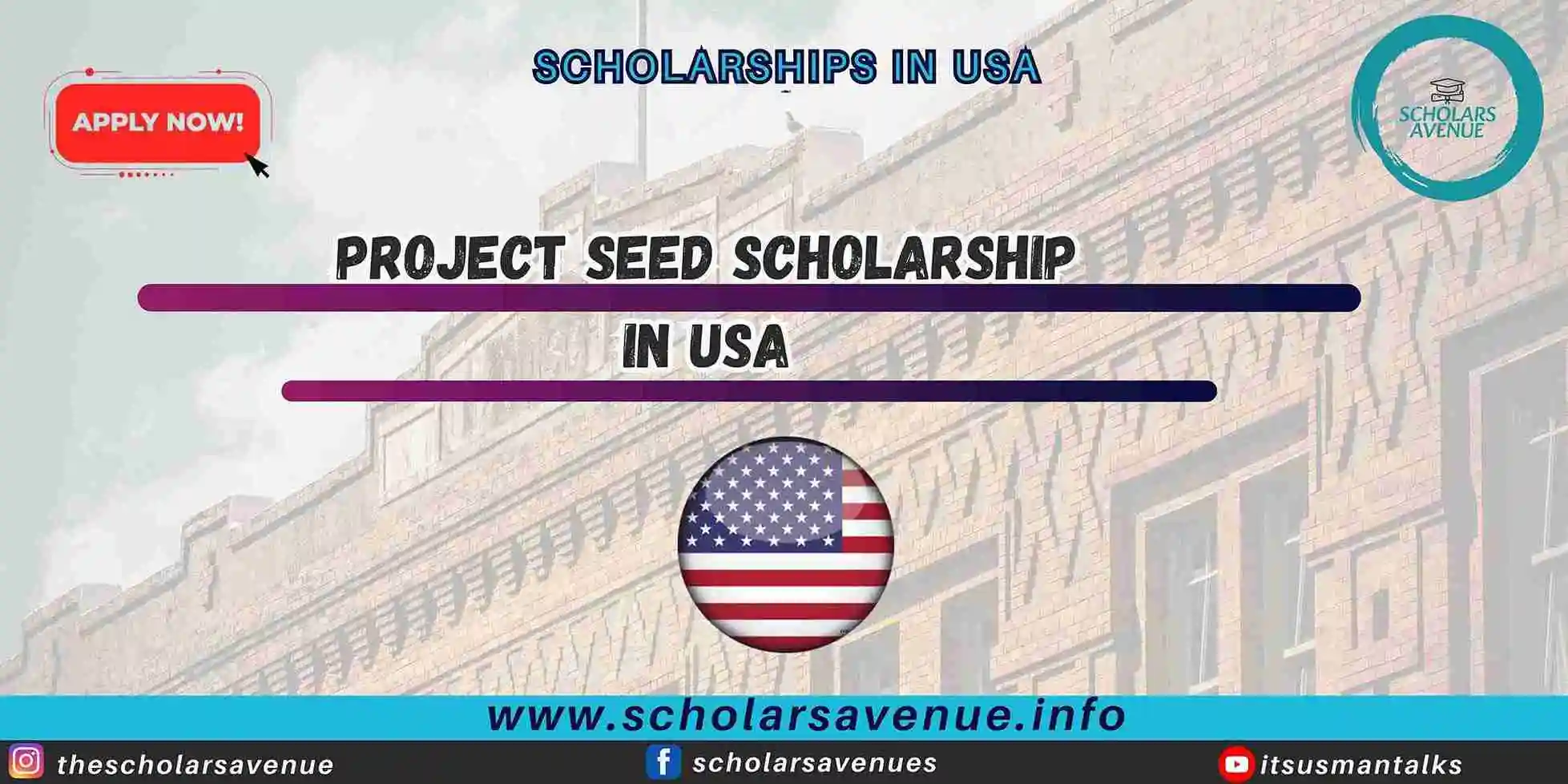Student visa interviews are the gateway to turning your academic dreams abroad into reality. Getting a seat at an overseas college is only half of the fight; the next vital step is to pass your student visa interviews. These interviews are meant to evaluate your intentions, preparation, and real student credibility; they are not only a formality. Although the procedure might appear overwhelming, effective planning can greatly raise your confidence and improve your likelihood of approval. Success depends on knowing what visa officers seek and how to present yourself expertly.
A critical checkpoint in your overseas study course are student visa interviews. They provide consular officials a chance to check your papers, clear any questions, and assess your academic dedication and financial stability. With increasing visa scrutiny, especially in popular destinations like the USA, UK, Canada, and Australia, it’s essential to approach the interview strategically. To help you properly get ready for your student visa interviews, this handbook offers thorough instructions, sample questions, useful advice, and pertinent resources.
Also check, Top Travel Insurance Plans for International Students
Understanding the Purpose of Student Visa Interviews
The Student Visa Interview is a formal assessment where consular officers evaluate your eligibility to study abroad. Since the interview lasts only a few minutes, you must make every second count. A well-prepared applicant stands out, while vague or inconsistent answers can lead to rejection. Student visa interviews are conducted to:
- Confirm your admission to a recognized academic institution
- Ensure you have the financial means to support yourself
- Assess your ties to your home country
- Evaluate your career intentions post-study
- Validate the authenticity of your documents
Step-by-Step Preparation for Your Student Visa Interview
1. Gather Required Documents
Before your Student Visa Interview, ensure you have all necessary documents organized in a clear folder. These typically include:
- Valid passport
- Visa application confirmation (DS-160 for U.S., Appendix V for UK, etc.)
- University acceptance letter
- Proof of financial support (bank statements, scholarship letters, sponsor affidavits)
- Academic transcripts and standardized test scores (IELTS, TOEFL, SAT, etc.)
- Proof of ties to home country (property documents, job offers for after graduation, family connections)
2. Research Common Student Visa Interview Questions
Visa officers often ask similar questions to assess your credibility. Practice answering these confidently:
- Why did you choose this university/course?
- How will this degree benefit your career?
- Who is funding your education?
- Do you have relatives in the host country?
- What are your plans after graduation?
3. How to Dress and Present Yourself
- Wear formal, neat, and professional attire
- Avoid flashy jewelry or excessive makeup
- Maintain a confident posture and smile
- Make eye contact but avoid staring
- Practice polite, clear, and concise communication
Also check, Best Countries for English-Taught Programs Outside the US/UK
4. Stay Calm and Confident
- Maintain eye contact.
- Speak clearly and concisely.
- Be honest as any false information can lead to a ban.
5. Demonstrate Strong Ties to Your Home Country
Visa officers need assurance that you won’t overstay. Highlight:
- Family responsibilities
- Job prospects in your home country
- Property or business connections
6. Mock Interviews & Body Language Training
Conduct Mock Interviews
- Practice with a mentor or record yourself to spot verbal fillers (“um,” “like”)
- Avoid overly rehearsed or robotic delivery
- Avoid Inconsistent answers
Body Language Tips
- Eye contact: Shows confidence (but don’t stare aggressively).
- Posture: Sit straight; avoid slouching or fidgeting.
- Tone: Speak clearly at a moderate pace.
Common Pitfalls:
- Don’t argue with the officer.
- Don’t volunteer unsolicited information.
Common Reasons for Student Visa Rejections
- Insufficient funds: Prove you can cover tuition and living expenses.
- Weak academic justification: Clearly explain why you chose this program.
- Poor interview performance: Nervousness or unclear answers raise doubts.
- Lack of home country ties: If you can’t prove you’ll return, your visa may be denied.
Final Tips for Success
- Be concise: Officers have limited time; stick to direct answers.
- Stay updated: Check embassy websites for any policy changes.
- Follow up if required: Some countries allow appeals or reapplication.
Also check, 5 Reasons Students Regret Doing Their Masters in UK
Student visa interviews are your opportunity to demonstrate your sincerity, preparation, and genuine intent to study abroad. With proper planning, the right documentation, and confident communication, you can make a strong impression on the visa officer. Remember, every detail counts from what you wear to how you speak. So, prepare smartly and walk into that interview room ready to win them over
Looking to maximize your chances of acceptance?
Consider using our Professional Services to polish your application and stand out from the crowd.
For detailed videos on relevant opportunities check out:
Frequently Asked Questions (FAQs)
What is the main purpose of student visa interviews?
To confirm you’re a genuine student with financial stability and clear academic intentions.
How long does a student visa interview usually take?
Typically 10–15 minutes, but it can vary.
Can I speak in my native language during the interview?
No, interviews are conducted in English.
What if I don’t know the answer to a question?
Stay calm and be honest. Avoid guessing or making things up.
Can I bring someone with me to the interview?
No. You must attend the interview alone.

